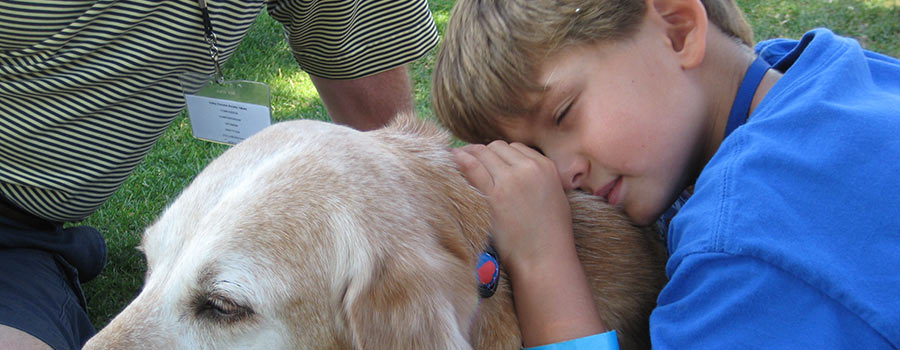Child Grief – The Basics

June 2016 E-News
June 1, 2016
Puntos claves para aprender y saber escuchar
June 19, 2016As with adults, a child experiences grief uniquely, in his or her own way. There are however, some “first principles” regarding a child in grief that are important for a parent or guardian to understand.
- Children grieve. Sometimes a parent is so lost in his or her own grief that the grief of a child is unnoticed or unappreciated.
- Children grieve for a long time. The loss of a parent is not something a child can get over in a hurry.
- Children should be told about the death immediately. Usually the news should come from the surviving parent.
- A child’s loss is different. The surviving parent lost a partner, companion, friend, and lover. The child lost a nurturer, protector, teacher, and role model. Thus the child will respond in different ways and have different needs.
- A child needs the surviving parent as a role model. Even though the loss experienced by parent and child is different, the parent can set a very helpful example by the way he or she responds to the death. An open expression of thoughts and feelings is usually helpful.
- A child cannot carry the parent’s grief. Although the child needs to see the parent’s grief, the child should not be expected to bear the parent’s burden or in some way act as a substitute for one who has died.
- Young children often have three basic questions. The parent must be sensitive to these questions and respond to them:
- Did I cause this death to happen?
- Will this eventually happen to me?
- Who will take care of me now?
Understanding these basics can go a long way in supporting a grieving child.



